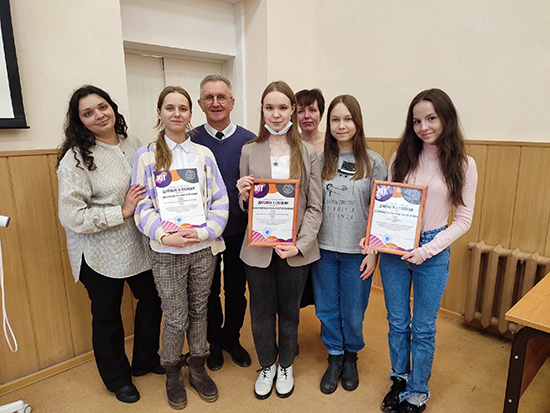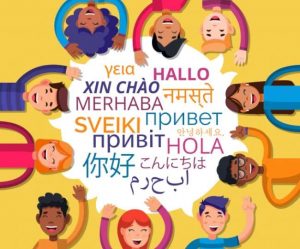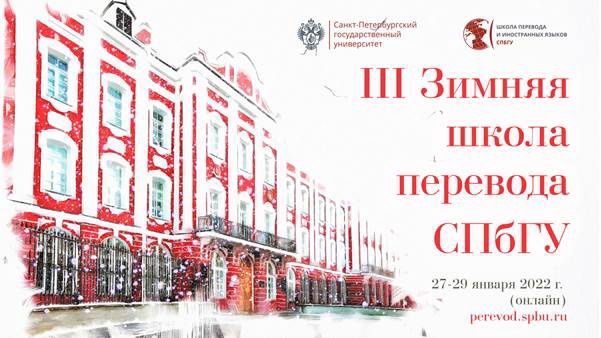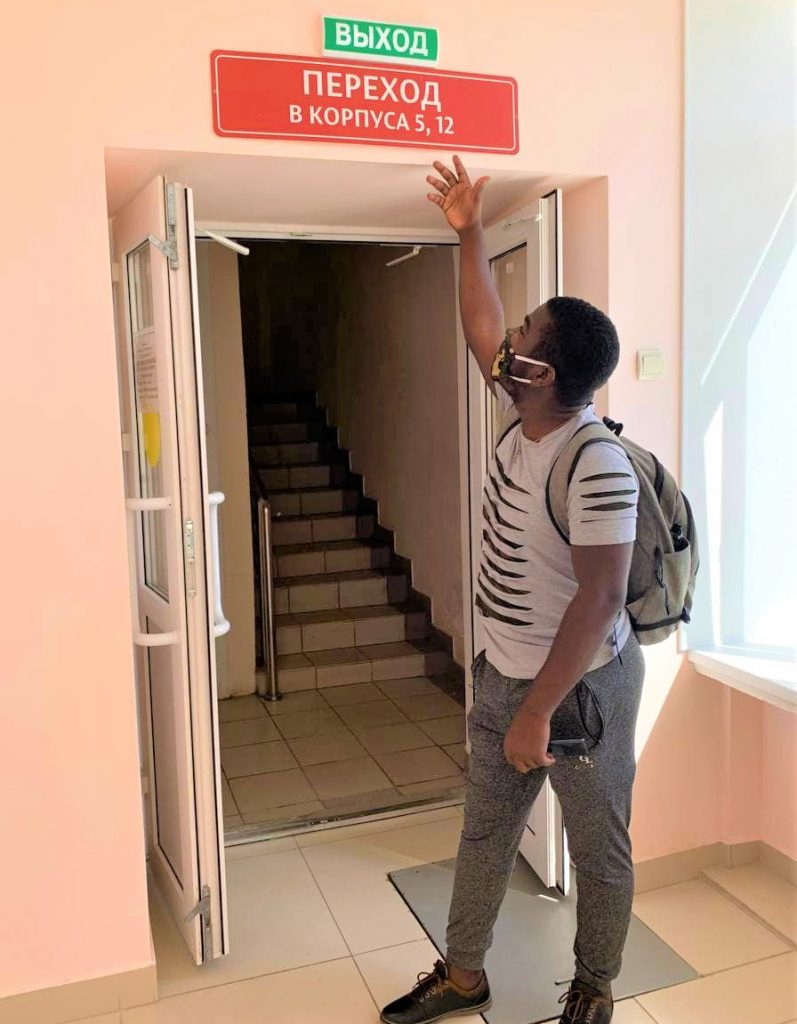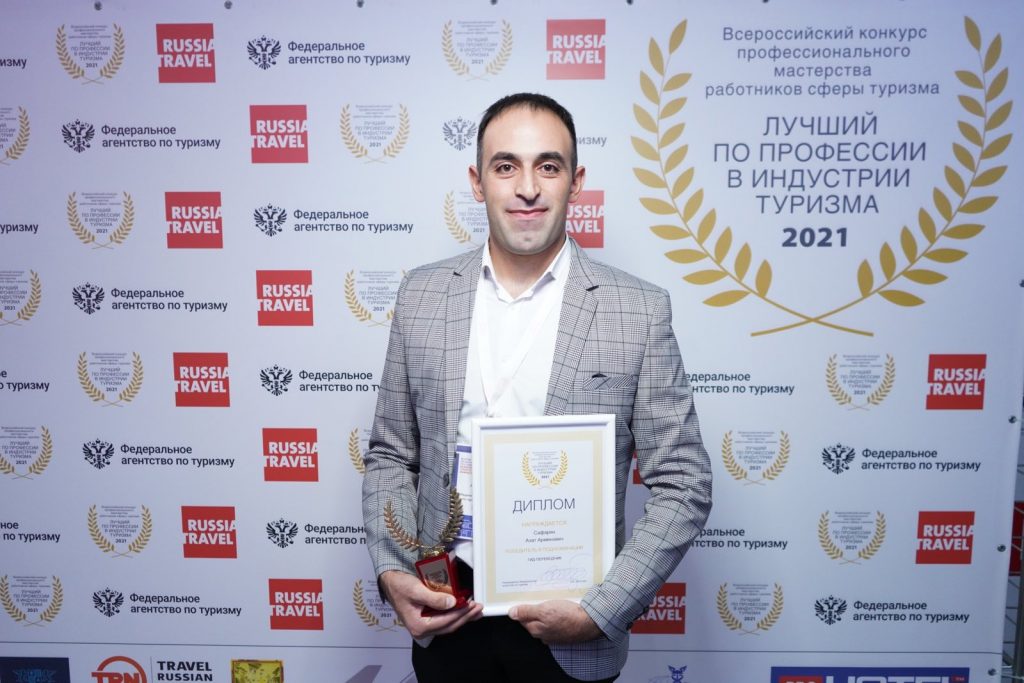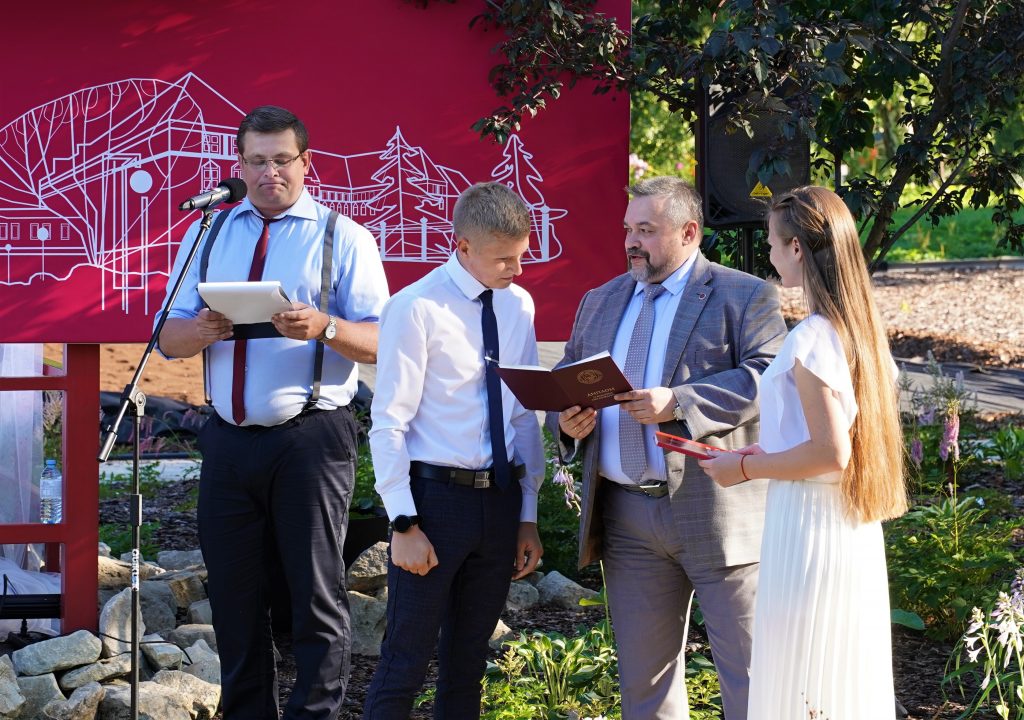PSU Student Wins All-Russian English Dictation
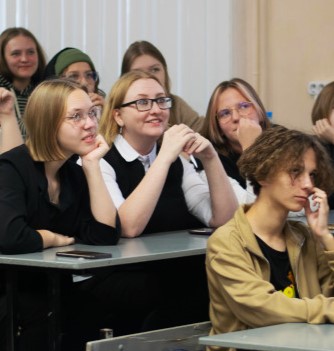
Perm State University (PSU) has hosted for the All-Russian English Dictation among university students, initiated by the Kazan Federal University (KFU). In 2023, more than 32,000 participants from 75 regions of Russia, as well as Argentina, Belarus, Cuba, Ecuador, Kazakhstan, Kyrgyzstan, Tajikistan, Thailand, UK and Uzbekistan joined the Dictation, including 117 students from PSU and other Perm-based educational institutions.
The main theme of the recent dictation has become “21st Century Skills Set” – reflecting upon fast change and exponential growth induced by the modern age. The dictation text had been prepared by teachers of the Institute of International Relations at KFU.
“Public events such as dictations motivate students to learn English and help improve students’ literacy. Dictation in English is a great opportunity to get acquainted with updated examples of the living English language, enrich one’s vocabulary, test the knowledge of English spelling and punctuation, and practice listening comprehension,” says Natalya Khorosheva, Dean of the Faculty of Modern Foreign Languages and Literatures, PSU.
The winner of the All-Russian dictation in English in 2024, as well as in 2023, has become Dmitry Smirnykh-Pershin, a student of the Faculty of Mechanics and Mathematics at PSU. We challenged Dmitry with a brief interview on his victory and related circumstances that help him to keep the winner’s shape for that long:
– What attracts you to the English language?
– Brevity.
– What helped you win the All-Russian English Dictation? And, what advice would you give to the future contestants?
– I believe my personal natural desire for literacy helped me at winning the Dictation. I would advise anyone interested in such competitions to grow the habit of reading English literature, in their everyday life.
– Which ways would you like to practice your knowledge of English?
– The language provides opportunity to communicate with both famous and ordinary people, it all depends on the tasks assigned. If I were giving a tour around Perm, I would probably show foreigners the location of the Kama Valley: unsuitable for construction previously, incorporating new construction technologies, they are going to build the new international student campus here.
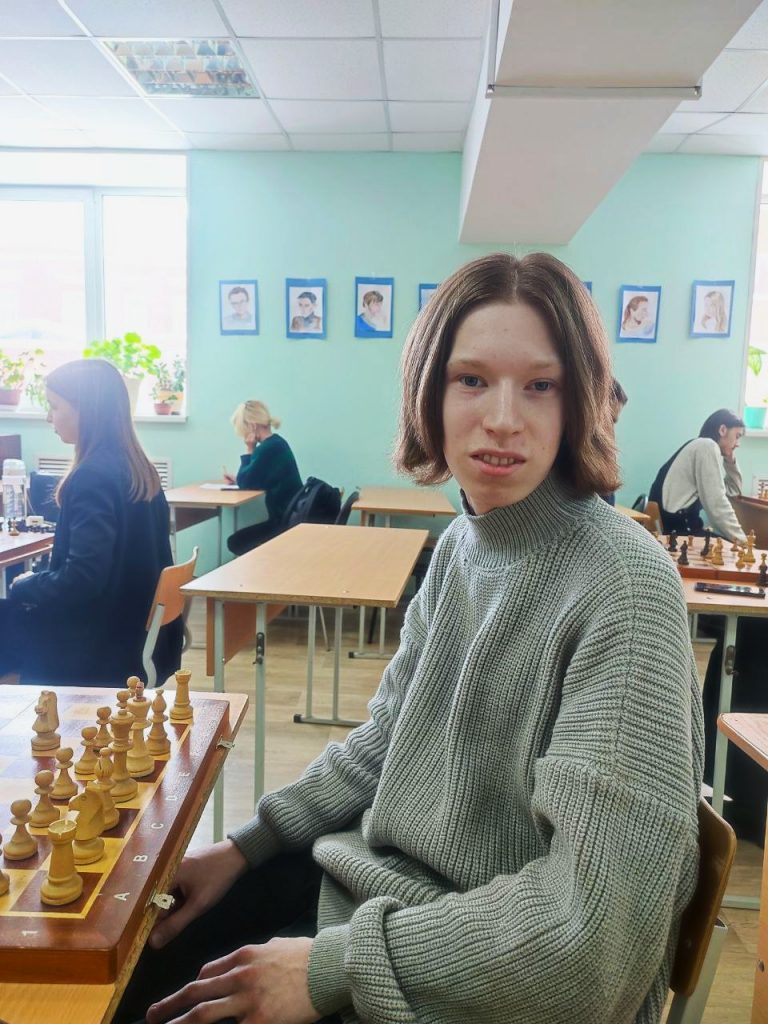
– Do you have a favourite joke in English?
– In terms of humor, the English language is pun- and play-on-word inviting. It is great when the joke comes naturally, born in context, and you are its author: “For instance, if a person is called a ‘deer’ in Russia, this is a manifestation of discontent, but for English language speakers it might appear very amicable. The explanation is that the words “deer” and “dear” are homonymous, while in Russian they sound totally different.
– Do you have a hobby? Does it have anything in common with the English language?
– I like chess. English, like any other language, and communication in general, resemble this game: I speak only after I have thought through the complete phrase. Discovering a new figure of speech or another language phenomenon can be compared to learning a new tactics in a game. Comprehension of the language, as well as the rules of chess, help to develop foresight – the ability to calculate all possible steps, to follow.
– Thank you and good luck with your studies, Dmitry!
– Thank you!

